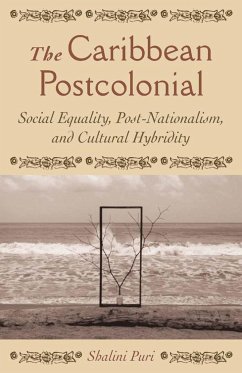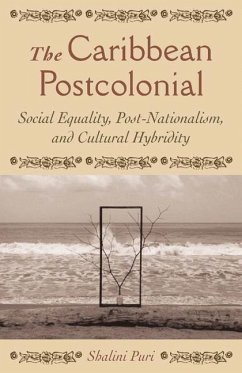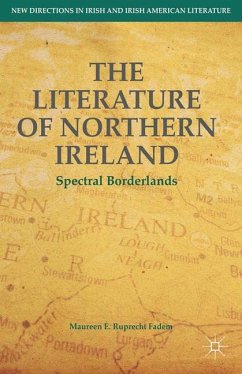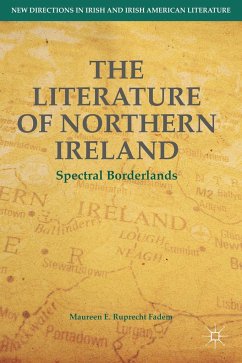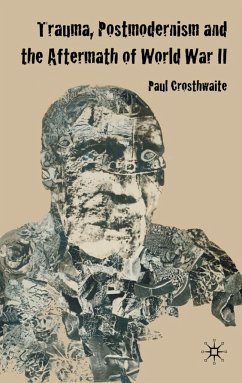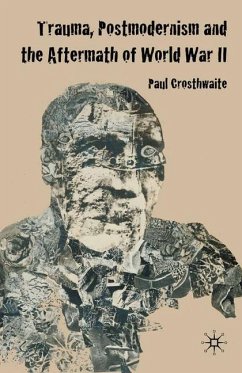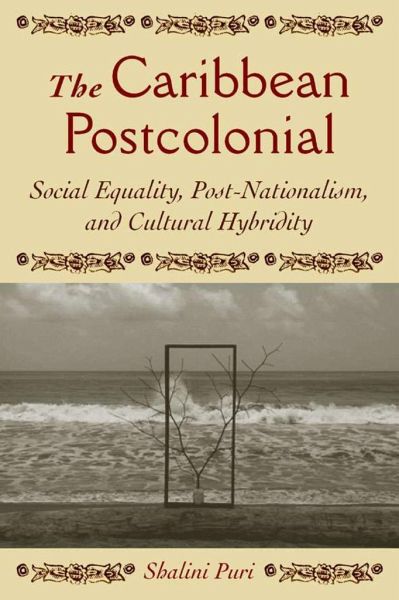
The Caribbean Postcolonial
Social Equality, Post/Nationalism, and Cultural Hybridity
Versandkostenfrei!
Versandfertig in 6-10 Tagen
38,99 €
inkl. MwSt.
Weitere Ausgaben:

PAYBACK Punkte
19 °P sammeln!
Drawing on the long and varied history of discourses of cultural hybridity across the caribbean, this book explores the rich and fraught cultural crossings that are often theorized homogeneously in postcolonial studies as 'hybridity'. What is the relationship of cultural hybridity to social equality? Why have some forms of hybridity been enshrined in the caribbean imagination and others disavowed? What is the appeal of cultural hybridity to nationalist and post-nationalist projects alike? What can we learn from the hybridization of Afro-caribbean and Indo-caribbean cultures set in motion by sl...
Drawing on the long and varied history of discourses of cultural hybridity across the caribbean, this book explores the rich and fraught cultural crossings that are often theorized homogeneously in postcolonial studies as 'hybridity'. What is the relationship of cultural hybridity to social equality? Why have some forms of hybridity been enshrined in the caribbean imagination and others disavowed? What is the appeal of cultural hybridity to nationalist and post-nationalist projects alike? What can we learn from the hybridization of Afro-caribbean and Indo-caribbean cultures set in motion by slavery and indentureship? In answering these questions, this book intervenes in several important debates in postcolonial studies about cultural resistance and popular agency, feminism and cultural nationalism, the relations between postmodernism and postcolonialism, and the status of nationalism in an age of globalization.





